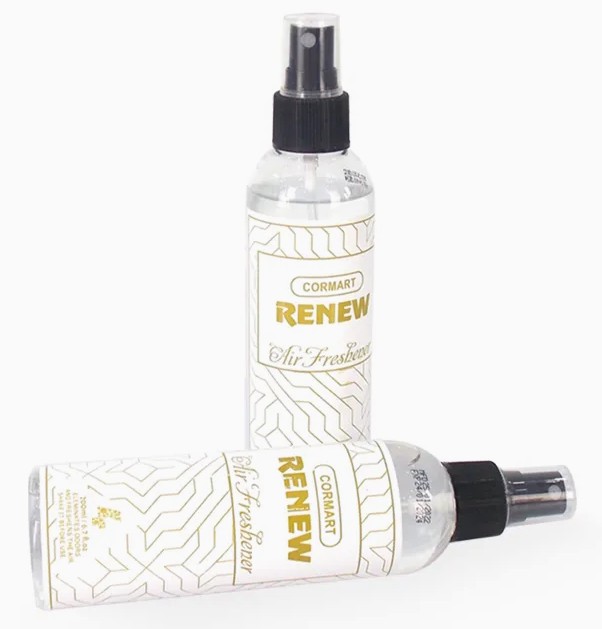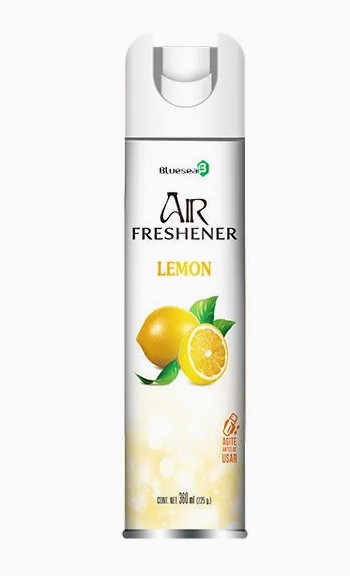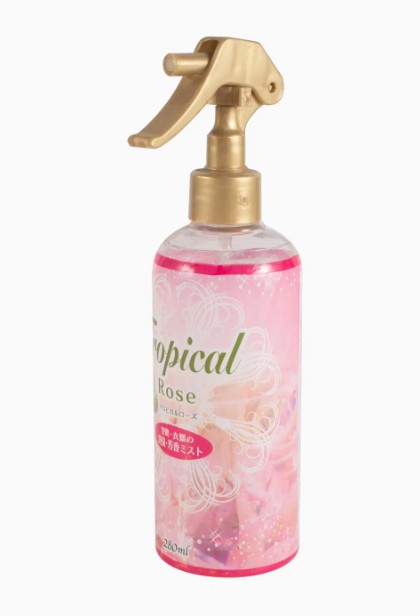Home Air Fresheners: Elevating Your Indoor Atmosphere
Product description
Home is your sanctuary, and the air within it plays a crucial role in comfort and well-being. Home air fresheners are popular solutions designed to combat unwanted odors and create a more pleasant, inviting atmosphere. They work by releasing fragrance molecules into the air, effectively masking or neutralizing unpleasant smells from cooking, pets, dampness, or everyday life.

Beyond Masking: The Core Functions
Odor Elimination/Neutralization: Many modern fresheners don't just cover smells; they contain ingredients that break down or neutralize odor molecules at the source.
Creating Ambiance: A carefully chosen scent can dramatically alter the mood of a room, promoting relaxation, energy, focus, or a sense of cleanliness.
Psychological Well-being: Pleasant scents can evoke positive memories, reduce stress, and enhance overall feelings of comfort and happiness in your living space.


Choosing the Right Scent for the Space: A Fragrance Guide
The best scent depends on the room's function and the atmosphere you wish to create:
Citrus (Lemon, Orange, Grapefruit, Bergamot):
Best For: Kitchens, Bathrooms, Entrances, Home Offices.
Why: Citrus scents are universally associated with cleanliness and freshness. They are uplifting, energizing, and excellent for cutting through cooking odors or bathroom smells, leaving a crisp, clean impression. Ideal for spaces where you want to feel alert and invigorated.
Floral (Lavender, Rose, Jasmine, Lilac):
Best For: Living Rooms, Bedrooms, Hallways, Bathrooms (softer florals).
Why: Floral scents create a sense of calm, romance, and elegance. Lavender is particularly renowned for its relaxing properties, making it perfect for bedrooms. Softer florals can add a welcoming touch to living areas and hallways.
Fresh & Clean (Linen, Ocean Breeze, Rain, Cotton):
Best For: Bedrooms, Bathrooms, Laundry Rooms, Anywhere seeking a "just cleaned" feel.
Why: These scents evoke the feeling of freshly washed laundry, crisp air, or a spring rain. They create a neutral, universally pleasant background ambiance that suggests purity and tidiness without being overpowering.
Woody/Earthy (Sandalwood, Cedar, Pine, Vetiver):
Best For: Living Rooms, Studies, Dens, Entryways.
Why: Warm, grounding, and often sophisticated, woody scents add depth and a sense of comfort. They can create a cozy, masculine, or nature-inspired atmosphere, ideal for relaxation and focus.
Sweet/Gourmand (Vanilla, Cinnamon, Coconut, Baking Spices):
Best For: Living Rooms, Kitchens (subtly), Bedrooms (warmth).
Why: These comforting, warm scents evoke feelings of coziness, nostalgia, and indulgence. Vanilla is particularly popular for creating a welcoming and relaxing environment. Use subtly to avoid being cloying.


Q: Are home air fresheners safe for my family and pets?
A: Safety varies significantly by product. Look for labels stating "non-toxic" and "pet-safe" if you have animals. Reputable brands undergo safety testing. However, individuals with severe asthma, chemical sensitivities, or very young infants should exercise caution, opt for natural options (like essential oil diffusers used safely), or ensure excellent ventilation. Always follow usage instructions carefully.
Q: Can air fresheners trigger allergies or asthma?
A: Yes, it's possible. Some air fresheners contain volatile organic compounds (VOCs) or synthetic fragrances that can irritate airways, trigger allergies, or worsen asthma symptoms in sensitive individuals. If you or a family member has respiratory issues, choose fragrance-free alternatives, products labeled "hypoallergenic," or those using natural essential oils (again, with caution and research), and prioritize good ventilation. Opening windows regularly is the best air fresher!
Q: What ingredients should I look for (or avoid) if I'm concerned about health and the environment?
A: Look For: Products clearly labeled "non-toxic," "phthalate-free," "paraben-free," "formaldehyde-free," and "made with natural essential oils" (verify authenticity). Brands emphasizing plant-based ingredients and recyclable packaging are preferable. Avoid: Products listing vague "fragrance" without detail, phthalates (often used to make scents last longer but linked to health concerns), formaldehyde, and aerosols propelled by harmful gases if environmental impact is a priority.
Q: Are "natural" or "organic" air fresheners always better?
A: Not necessarily. While often perceived as safer, "natural" isn't a strictly regulated term. Some natural ingredients can still be irritating or allergenic (e.g., certain essential oils are toxic to pets). Truly certified organic products offer more assurance about ingredient sourcing. The key is to research specific brands, read ingredient lists carefully, and understand that even natural products require safe usage, especially around pets and sensitive individuals.
Q: How long do air fresheners typically last, and is a longer-lasting one always better?
A: Duration varies widely: Sprays offer immediate but short-term relief (minutes to hours). Plug-ins, gels, and reed diffusers provide continuous scent for days or weeks. Scented candles last while burning. A longer-lasting product isn't inherently "better." Consider the room size, desired scent strength, and ventilation. Overpowering, constant fragrance can be unpleasant or problematic for sensitive people. Sometimes, shorter-duration options used as needed are more appropriate and reduce overall exposure.
Recommended products



